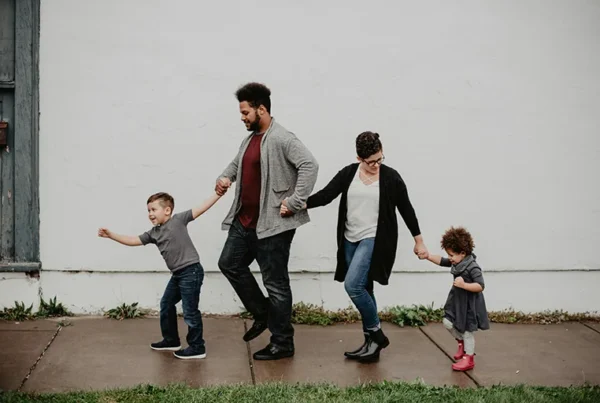Last Updated on January 22, 2026
Whether you are looking to get a divorce in Roanoke, Virginia, or elsewhere throughout the state, Slovensky Law can help you understand the process.
There are some requirements involved in getting a divorce in Virginia, and these requirements differ depending on whether you and your spouse have children. There are also different types of divorces in Virginia and different methods of obtaining a divorce – namely, contested and uncontested.
Our team of Virginia divorce attorneys has helped people throughout the state with all types of divorces, and we are ready to help you determine the best course of action for you and your spouse, as well. Read on to learn more about the divorce process and how to get in touch with our team.
Different types of divorces in Virginia
In the state of Virginia, there are two different types of divorces:
- Divorce from the bond of matrimony is a complete dissolution of the marriage. This means that once the process is complete, both parties are able to marry again. 99.9% of divorces end this way.
- Divorce from bed and board, however, means that you and your spouse are still technically married (in the sense that you cannot remarry) but other aspects of your life are separate (such as your property and assets). These are very rare, but are often requested as part of the proceedings as a formality.
Contested divorce v. uncontested divorce in Virginia
Many times, a spouse contests the divorce – utilizing their attorney to file papers that convey their side/interests. This occurs when the couple can’t agree to the terms of the divorce and must go before a court to resolve them.
The other spouse then has the right to challenge those papers, and vice-versa, leading to numerous court appearances until all issues are sorted out.
During the trial, the judge will listen to both parties and make an informed decision on each issue. A contested divorce can even last several months to over a year.
An uncontested divorce, on the other hand, occurs when couples can agree to specific terms, including:
- property division
- child custody
- child support
- spousal support
- child relocation
Oftentimes, this process can happen much more quickly – taking about 3 months under the best of circumstances. In fact, uncontested divorces can sometimes be conducted without leaving your home. This option ONLY works if the parties 100% agree FULLY on all issues listed above.
No-fault v. fault-based divorce in Virginia
When someone files for divorce, they have to indicate on their divorce petition why the marriage is ending— also known as the “grounds” for the divorce. In Virginia, spouses have the option of filing either a “fault-based” or “no-fault” divorce.
An at-fault divorce can only be granted when one of the following can be proved:
- desertion,
- adultery,
- a felony, or
- cruelty
These grounds must be proven with admissable evidence – so it requires witnesses, testimony, and other forms of proof – which an experienced attorney, such as Slovensky Law, could make sure you provide.
How can Slovensky Law help you navigate the complicated divorce process in Virginia?
Here at Slovensky Law, we work fervently to help our clients through every step of the process of their divorce.
This includes ensuring that all the necessary documents in your divorce are reflective of what would be appropriate concerning decisions about your children, division of assets and property, etc.
We then provide these documents to each spouse and filed at the courthouse.
Next, we will be with you to appear in court on your hearing date (in a contested divorce), and a judge will ask you a series of questions. If the divorce is approved, you and your spouse will be presented with a Decree of Divorce.
Note that without the proper paperwork in place, or the proper intentions, your divorce could be rejected.



